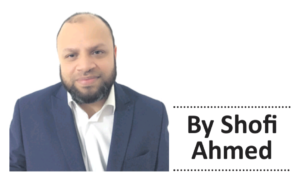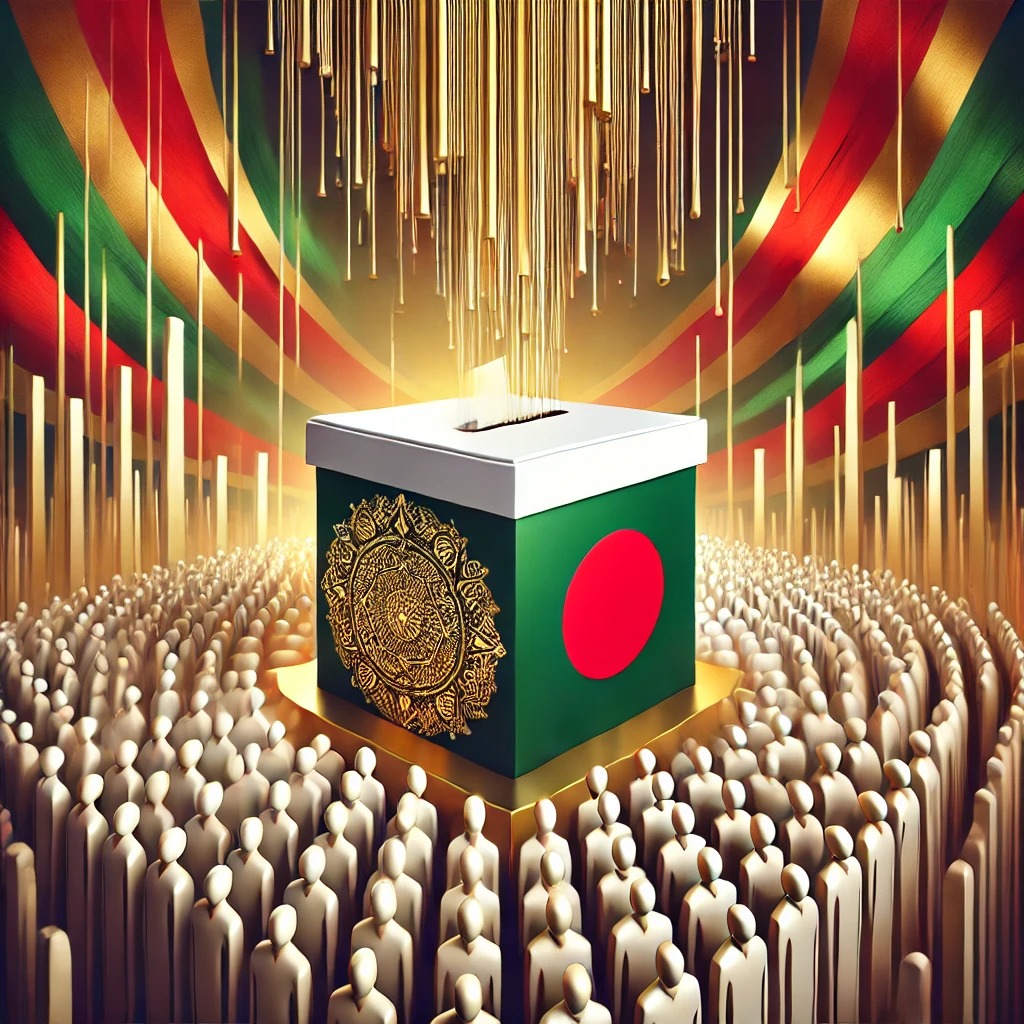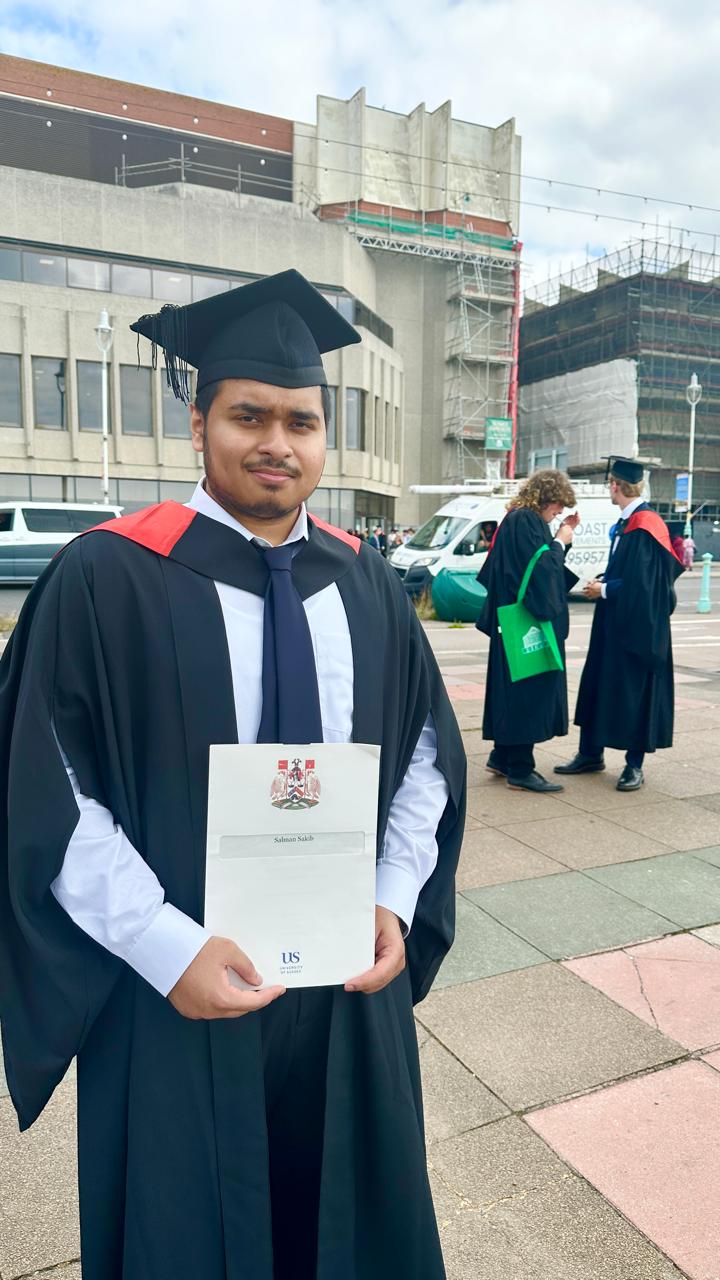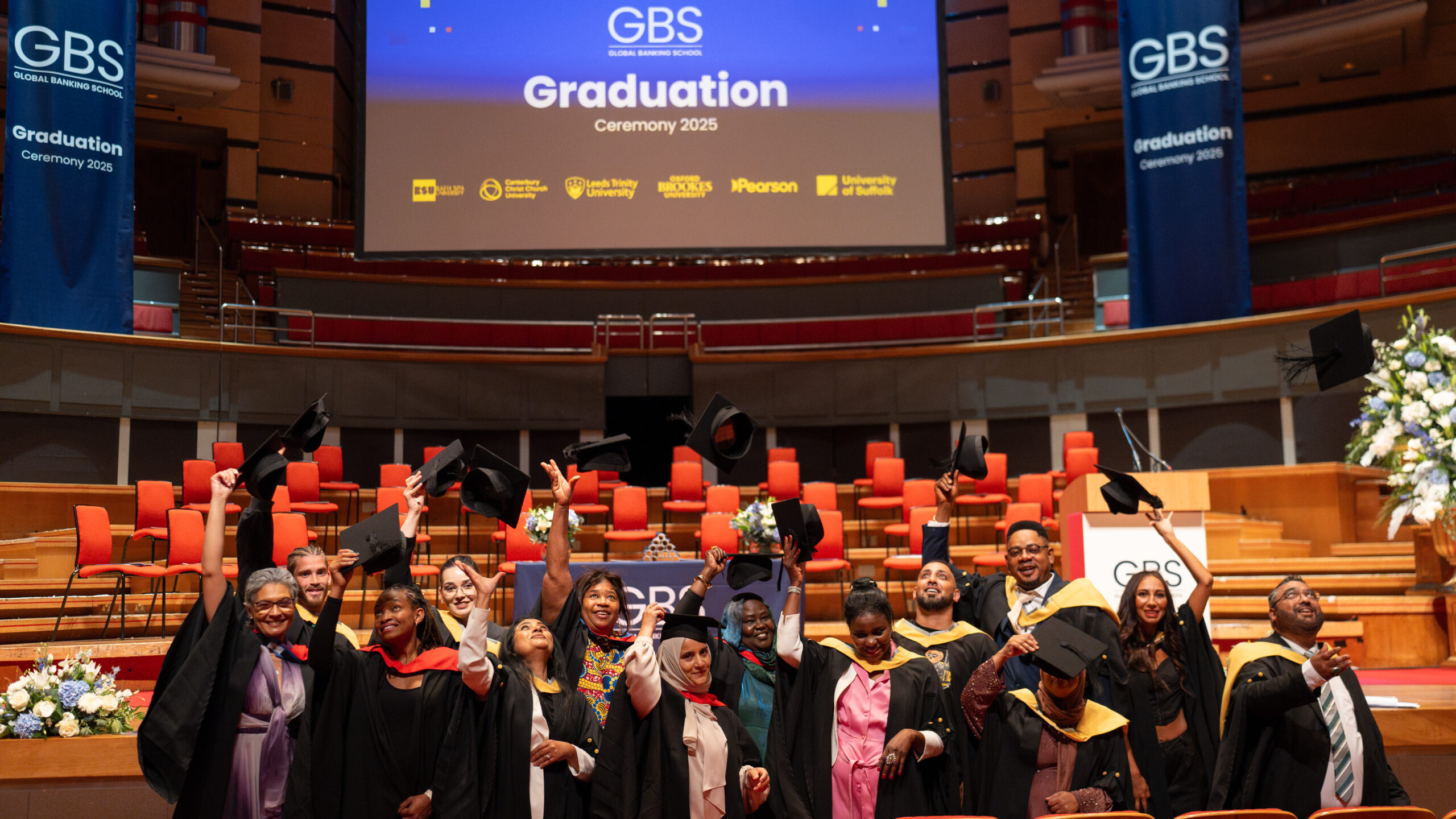Bangladesh’s Election: A Breadcrumb Now or a Banquet Later?

Should we have a general election in Bangladesh soon or keep the caretaker government longer for repairing and growth? This crucial question remains unanswered. Let’s analyse the prospects of holding the election adequately later. The prospect of an imminent general election offers little more than a symbolic gesture—a mere breadcrumb—in addressing the nation’s deep-seated challenges. In contrast, the proposition of delaying the election to allow for substantial reforms, potentially under an interim government led by a figure such as Dr Muhammad Yunus, presents a compelling alternative. This approach could deliver a veritable banquet of progress for the people and the country.

The current political climate in Bangladesh is fraught with tension and mistrust. Years of governance by various political parties, notably the Awami League, have left the nation grappling with myriad issues ranging from economic instability to erosion of democratic institutions. A hasty election, without addressing these fundamental problems, risks perpetuating the cycle of ineffective governance and missed opportunities for genuine reform.
The breadcrumb analogy is particularly apt when considering the superficial nature of quick-fix solutions often proposed in the lead-up to elections. Political parties may offer short-term promises and populist measures, but these rarely translate into substantial, long-lasting improvements for the citizenry. Such an approach fails to address the root causes of Bangladesh’s challenges and instead provides only temporary relief or distraction.
In contrast, the prospect of delaying the election to implement comprehensive reforms offers a more transformative approach. This period could be overseen by an interim government led by a respected figure like Dr Muhammad Yunus, whose blend of economic acumen, social entrepreneurship experience, and international credibility brings a skill set well-suited to Bangladesh’s current predicament.
Such an approach could focus on several key areas:
1. Anti-corruption measures: Implementing robust mechanisms to tackle endemic corruption in public and private sectors.
2. Judicial reform: Strengthening the independence and efficiency of the judiciary to ensure the rule of law.
3. Electoral reform: Overhauling the electoral system to ensure free and fair elections, including measures to prevent voter intimidation and ballot-box stuffing.
4. Education policy: Revamping the education system to focus on skill development and innovation, preparing Bangladesh’s youth for future challenges.
5. Environmental protection: Developing comprehensive policies to address Bangladesh’s vulnerability to climate change and environmental degradation.
In the realm of economic policy, fresh perspectives could tackle Bangladesh’s persistent challenges through:
1. Promoting sustainable industrialisation, with a focus on environmentally friendly practices and labour rights.
2. Developing the digital economy and fostering innovation in the tech sector.
3. Enhancing financial inclusion through innovative banking and fintech solutions.
4. Strengthening the agricultural sector through modernisation and sustainable practices.
5. Improving Bangladesh’s position in global value chains, particularly in the garment industry.
The unique abilities and calibre of a leader like Yunus could significantly enhance and accelerate the process of repair and growth. Experience in blending social objectives with economic principles could lead to innovative public-private partnerships, potentially revolutionising service delivery in sectors like healthcare and education.
Moreover, international standing and reputation for integrity could help restore confidence in Bangladesh’s institutions, both domestically and abroad. This could be crucial in attracting foreign investment and improving the country’s standing in global economic forums.
It is important to note that the suggestion of delaying the election and potentially instituting an interim government is not without challenges. Such a move would require broad political consensus and careful navigation of constitutional procedures. However, given the current state of Bangladesh’s political landscape, it may present a viable pathway to break the cycle of partisan gridlock and ineffective governance.
The length of time for such reforms should be carefully considered. It should be long enough to implement meaningful changes and lay the groundwork for sustainable progress, but not so long as to become entrenched or to delay the return to democratic governance unduly. A period of 18 to 24 months could potentially provide the right balance, allowing for the implementation of crucial reforms while maintaining a clear timeline for a return to elected government.
Frankly speaking, while a hasty general election might offer the appearance of democratic process, it risks being merely a superficial solution to Bangladesh’s deep-rooted challenges. On the other hand, delaying the election to allow for substantial reforms presents an opportunity for comprehensive progress. This approach, while unconventional, could provide the overhaul that Bangladesh needs to address its myriad challenges and set the stage for sustainable, inclusive growth in the years to come. The choice between a breadcrumb now and a banquet later is one that could define Bangladesh’s trajectory for generations.





